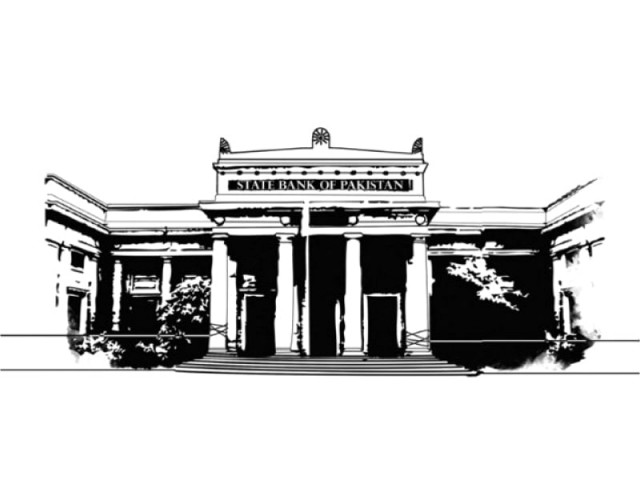Lower interest rates
The low interest rate will help in reducing the cost of borrowing for most businesses as they seek to grow

The State Bank of Pakistan has reduced the benchmark discount rate by 100 basis points to seven per cent, the lowest it has been since 1973. CREATIVE COMMONS
There are many reasons why a low interest rate can be good for the Pakistani economy, but perhaps foremost is that it will reduce the cost of borrowing for most businesses as they seek to grow by purchasing new equipment, building new factories and hiring more workers. The average borrowing rate for the majority of businesses will go down to single digits, thus making it more feasible to engage in the kind of capital expenditures that spur broad-based economic growth and greater employment opportunities for the burgeoning youth population. And given that the government is by far the biggest borrower, a lower interest rate will mean that it will be able to refinance its short-term debt at a much lower rate, cutting back the amount of interest it has to pay on its debt, thus reducing the fiscal deficit. We would, however, caution against runaway optimism. This cut in interest rates is not brought about by any factor endogenous to our economy but rather by falling global oil prices. While a spike in those prices is unlikely in the immediate future, it is always a possibility, and so the government would be wise to use this opportunity to lock in some reforms that would otherwise be tough but would go a long way towards making our nascent macroeconomic stability more sustainable. Such reforms would include an overhaul of the energy sector and a shift towards a taxation system that taxes not just those who can be taxed, but also those who should be taxed.
Published in The Express Tribune, May 26th, 2015.
Like Opinion & Editorial on Facebook, follow @ETOpEd on Twitter to receive all updates on all our daily pieces.



















COMMENTS
Comments are moderated and generally will be posted if they are on-topic and not abusive.
For more information, please see our Comments FAQ